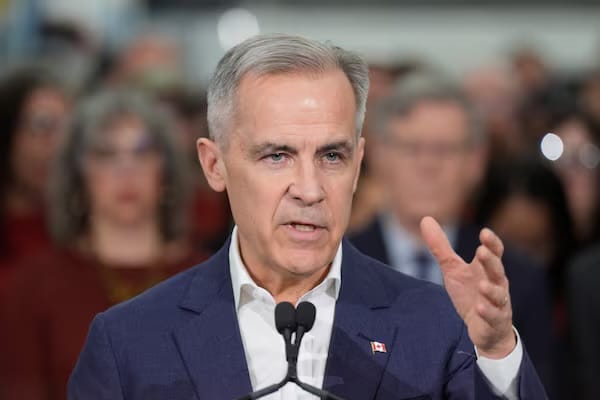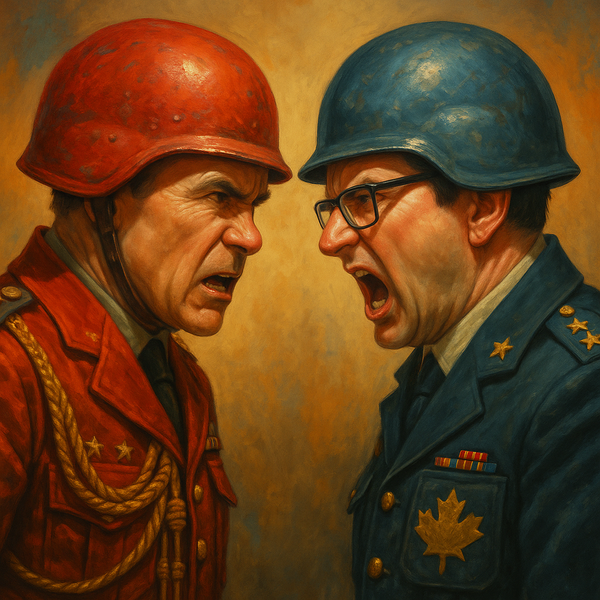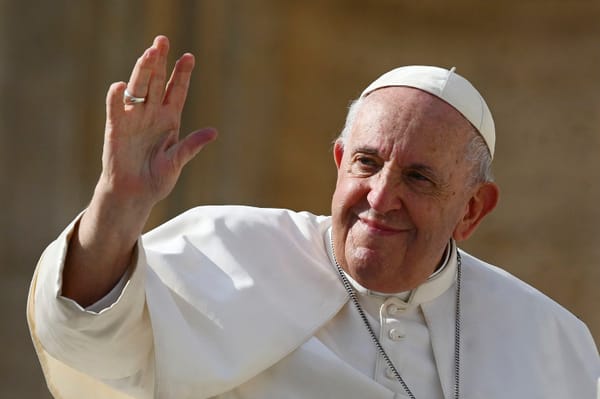Mark Carney: Canada’s Saviour, or Protector of The Status Quo

He’s smart. He’s calm. He’s everywhere. But is he really the answer we’ve been waiting for?
Canada’s 2025 federal election is shaping up to be a fight between fury and finance.
On one side, Pierre Poilievre, torch in hand. On the other, Mark Carney—former central banker, economist, and now the Liberal Party’s new hope. After Justin Trudeau’s slow fade from the spotlight, Carney has emerged as the calm alternative, promising to steer Canada out of chaos with data, dignity, and debt management.
He’s got credentials that make politicians drool: Governor of the Bank of Canada. Governor of the Bank of England. UN climate finance czar. A guy who once ran the economies of two countries at once. To many, that says “safe hands.” But to others—especially young voters—it also says “same old story.”
The Myth of The Adult In The Room
Carney is already being framed as the “competent dad” Canada never had. He wears suits like armor, talks in bulletproof statistics, and never raises his voice. After nearly a decade of Trudeau’s selfies and slogans, that’s refreshing to some.
But let’s not confuse quiet with clear. Carney might know how to balance a spreadsheet, but does he understand the pressure Canadian are under?
He hasn’t exactly lived the renter’s life. Or graduated into a recession. Or watched his cost of living triple while wages stalled. He’s a Davos guy. A global finance guy. The kind of guy you bring in to stabilize the economy—not necessarily to change it.
So the question is: is Carney here to fix the system—or just keep it running smoother for the same people it’s always served?
What Has He Actually Done for Us?
Let’s talk record.
Carney’s rise comes from the world of central banking, not grassroots action. During the 2008 financial crisis, he helped steer Canada through the storm—fair. But post-crisis, inequality didn’t shrink. Wages didn’t surge. And housing prices exploded under policies he supported.
As Governor of the Bank of England, he called out climate change and corporate irresponsibility—but critics say his bark rarely came with bite. He warned about long-term risks, but left the short-term damage untouched.
He’s a great crisis communicator. But people aren’t looking for press conferences. They’re looking for rent they can afford, jobs that don’t require three degrees, and housing that doesn’t vanish into the Airbnb void.
The Climate Finance Question
Carney’s role as a UN climate finance leader earned him green credentials. But let’s be real: the world’s on fire and most of us are still biking past luxury SUVs on the way to underpaid jobs.
His climate work focused on “mobilizing private capital”—not exactly the kind of system overhaul young voters want. There’s no doubt he talks sustainability, but we’re still waiting to see if he’ll actually legislate it if elected.
Why Canadians Should Keep Their Guard Up
Mark Carney looks like stability. But stability can be dangerous when you’re living through a crisis that demands transformation.
Here’s what to watch for:
• Will he propose real housing reform, or just funnel more money into developers’ pockets?
• Will he cancel student debt, or “modernize” it?
• Will he fix taxation, or just give you another subsidy that disappears in rent?
If Carney offers safe hands—but not bold ideas—he might just be the next well-spoken man at the top of a sinking system.
The Verdict
Mark Carney might be smart enough to fix the machine. But the question we need to ask is: Do we want the machine fixed—or replaced?





